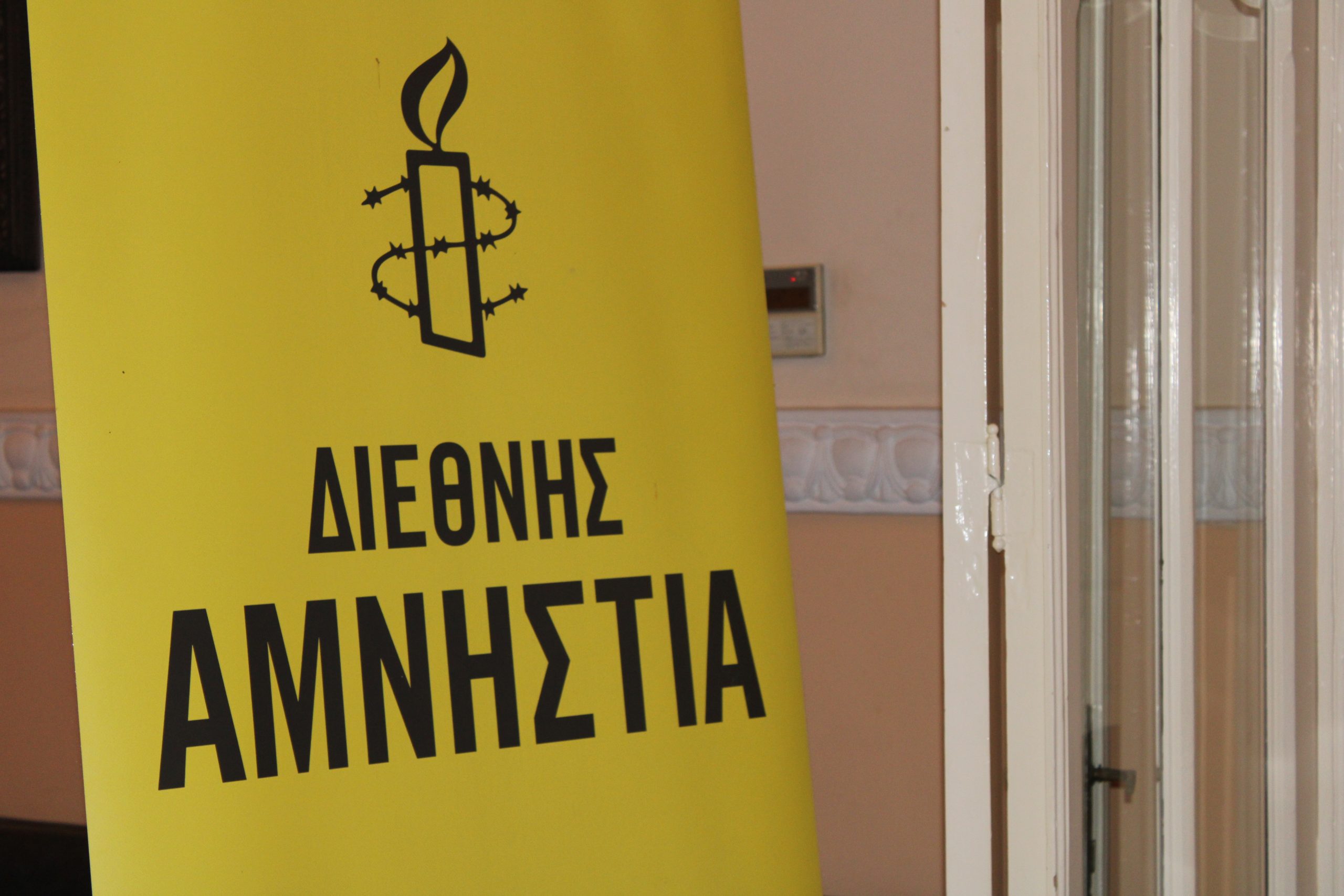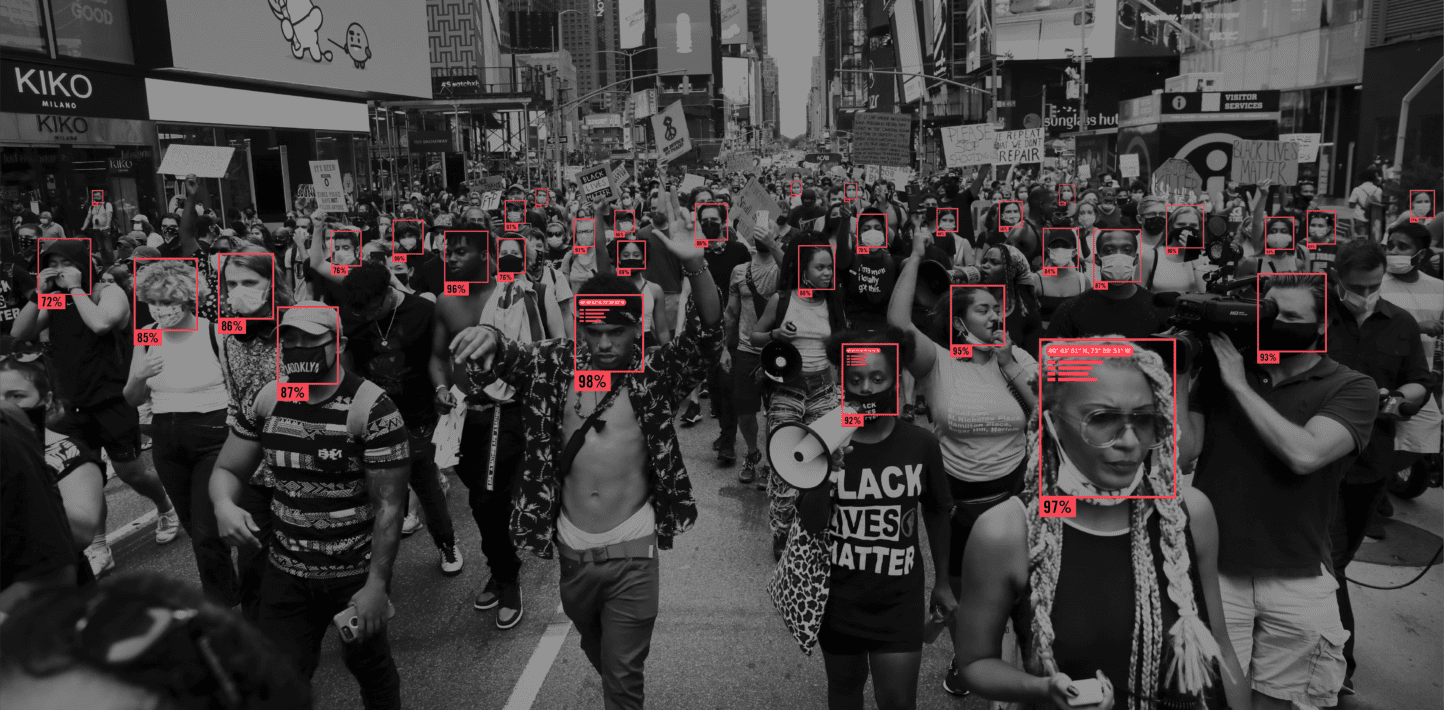The Legal Architecture of Prohibition
In 2025, the Hungarian government did not merely ban a protest; it developed an entire legal arsenal to erase the right of the LGBTQI+ community to exist in public. The constitutional amendment passed in April prohibits public events that “violate the rights of children” thereby stifling any attempt at visibility or political advocacy by LGBTQIA+ groups. At the same time, the use of facial recognition technology (FRT) has been institutionalised as a tool for identifying and targeting citizens who participate in illegal gatherings such as Budapest Pride, with fines reaching 200,000 forints (approximately $546) per participation, revenues which have been announced to be channelled into the state ‘child protection’ mechanism (7); (4).
Beyond the authoritarian nature of this legislation, it is also deeply stigmatising, as Amnesty International Greece stated to European Youth Press:
“The recent anti-Pride law is the latest in a series of measures that target and stigmatise individuals and groups from the LGBTQI+ community and attempt to take away rights that LGBTQI+ people have fought hard to achieve […] It is vital that the Hungarian authorities do not impose unjustified restrictions or a preventive ban on Budapest Pride…”
Despite proclamations about ‘protecting children,’ the law is an integral part of a broader strategy to criminalise public dissent. Orbán himself, in a speech last February, announced the ban, while the ruling Fidesz (Hungary’s ruling right-wing populist party, led by Viktor Orbán, known for its nationalist, socially conservative, and authoritarian agenda) enacted within a few days the suspension of citizenship for dual nationals considered a ‘threat’ to national sovereignty. The amendment is the 15th in a row since 2011, when Orbán rewrote the Hungarian constitution as he saw fit (7);(1); (8).
Rather than a neutral legal framework, Hungary is building a constitutional showcase of exclusion: where gender is defined only as ‘male’ and ‘female,’ and the right to assemble depends on the government’s blessing (7); (3).


